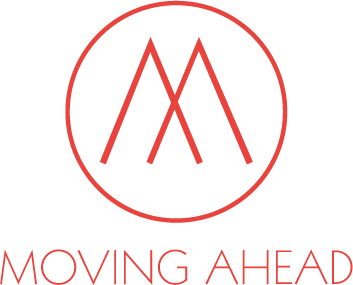Meet Dr Kate goodger
HOW TO BEAT BURN-OUT
When the World Health Organisation (WHO) officially recognised burnout as a phenomenon in 2019 it highlighted what those on the ground have long known: namely that prolonged stress can have devastating consequences for our mental, emotional and physical health. Including it in the 11th revision of the International Classification of Diseases, WHO described burnout as ‘a syndrome conceptualised as resulting from chronic workplace stress that has not been successfully managed.’ In 2020, before the Covid-19 pandemic, a Gallup report showed that 76 per cent of employees experience burnout on the job at least sometimes, and 28 per cent said they were burned out ’very often’ or ‘always’. And for those who might have expected positive changes from the greater afforded by homeworking and a lack of commuting during the pandemic, the results have been startling. Burnout rates have actually increased as the line between home and work disappeared, people overworked to maintain or show performance or had to juggle home schooling with work. By August, 75 per cent of US workers had experienced burnout, with 40 per cent citing the pandemic as a direct result, according to a survey by Flexjobs and Mental Health America.
Burnout was a talking point at last year’s Moving Ahead summit, where Olympic Performance psychologist Dr Kate Goodger looked at self-care in a world in which we are all now inundated by complexity and demand. The pressures on us as workers and as people are unprecedented, from an always-on digital culture to economic insecurities. Stress is a hallmark of modern life. However, stress can actually be good for us in the right proportion; forcing us to adapt and grow. The difficulties come when challenges and demands outweigh our capacity to meet them — and this can mean anything from the practical stress of deliverables with unrealistic deadlines to the ongoing emotionally draining experience of being a minority in a non-diverse space. Burnout is a more enduring experience than stress and one that often happens by stealth, sometimes before we’ve even had a chance to define it in ourselves.
According to Goodger, its three main features are emotional exhaustion, the depletion of positive feelings, depersonalisation or cynicism where we begin to use self-protection mechanisms to protect us and ineffectiveness, where our performance and self-confidence begin to suffer. Of course, job stress can cause depletion and contribute to ineffectiveness, but it is the cynicism and motivational shift, from enthusiasm to ennui, love to loathing that is the defining strut of burnout.
Goodger has worked with elite athletes to study this phenomenon and, for her, it is less our relationship to our activities but to ourselves and to time itself that provides insight into why we burn out — and perhaps how we can ultimately prevent it.
A key part of this for work-related burnout is our relationship to time, trying to generate more of a finite resource by working by into evenings, sleeping less or working weekends. “We are trying to run our lives as a marathon not a series of sprints, and where we’re getting things wrong is that we are exerting and not recovering, which is what your system is designed to do,” she notes.
Test your resistance to prioritising your own good and run a micro-experiment to see what happens if you change one thing. Don’t check your work emails on waking, finish on time while homeworking or leave early from the office to pick your child up from school once a week. Does the sky fall in? If not, you’ve learned a valuable lesson. And that is that we do not have to bend to ‘how it is done’, whether perceived or in reality, to succeed. Women in particular need to be mindful of this, as they report higher levels of burnout than men — Moving Ahead’s Gender Balance Summit on International Women’s Day this year, reminds us all of the need to push back as it takes up its theme #Choosetochallenge.
Of course, in an ideal world people-centrism is embedded in business culture. In her talk, Goodger gave an example of a company which forbade employees to send work emails between 6pm and 7am, a move at first greeted by horror, but then by adaptation; workers learned to put their work in draft without adverse results. And in addition to increasing their own space and mental health, this poise also meant they did not cascade stress onward to others. Boundaries exist for others as much as for us, and stress can be as contagious as a virus.
So how can we ensure that we stay on the right side of it? Top of the list is the need to ensure we work in a sustainable manner. “We need to be making intentional choices on where we put our energy and capacity,” says Goodger. “Many of us have lunch at our desks, for example, and it’s habits like that that are borne from the false belief that if we work more hours, we will be more productive. That is not what athletes do. They know that the quality of their recovery will lead to better outcomes. And that means simple things like daytime rest, fuelling appropriately and good sleep.”
Ultimately, Goodger notes that we must prioritise our own capacity before everything. ”It’s about valuing ourselves,” she insists. “And not because of what we achieve or role we play, but who we are and how we live.”
Password: Equal2020



